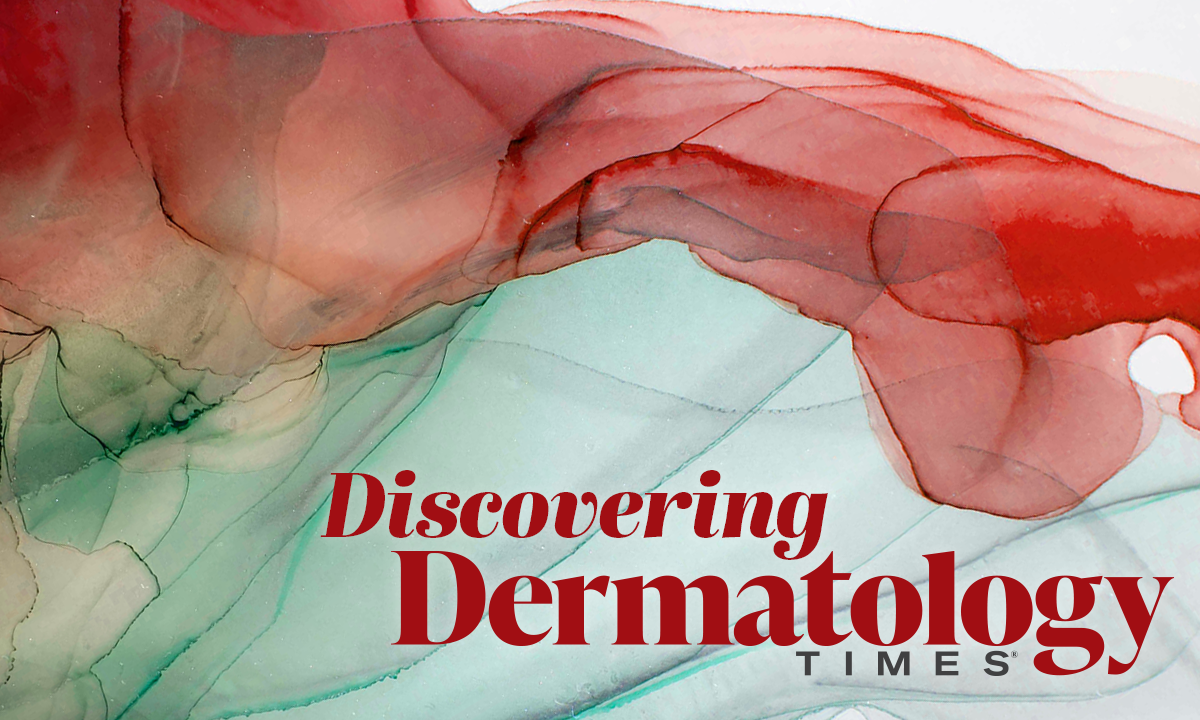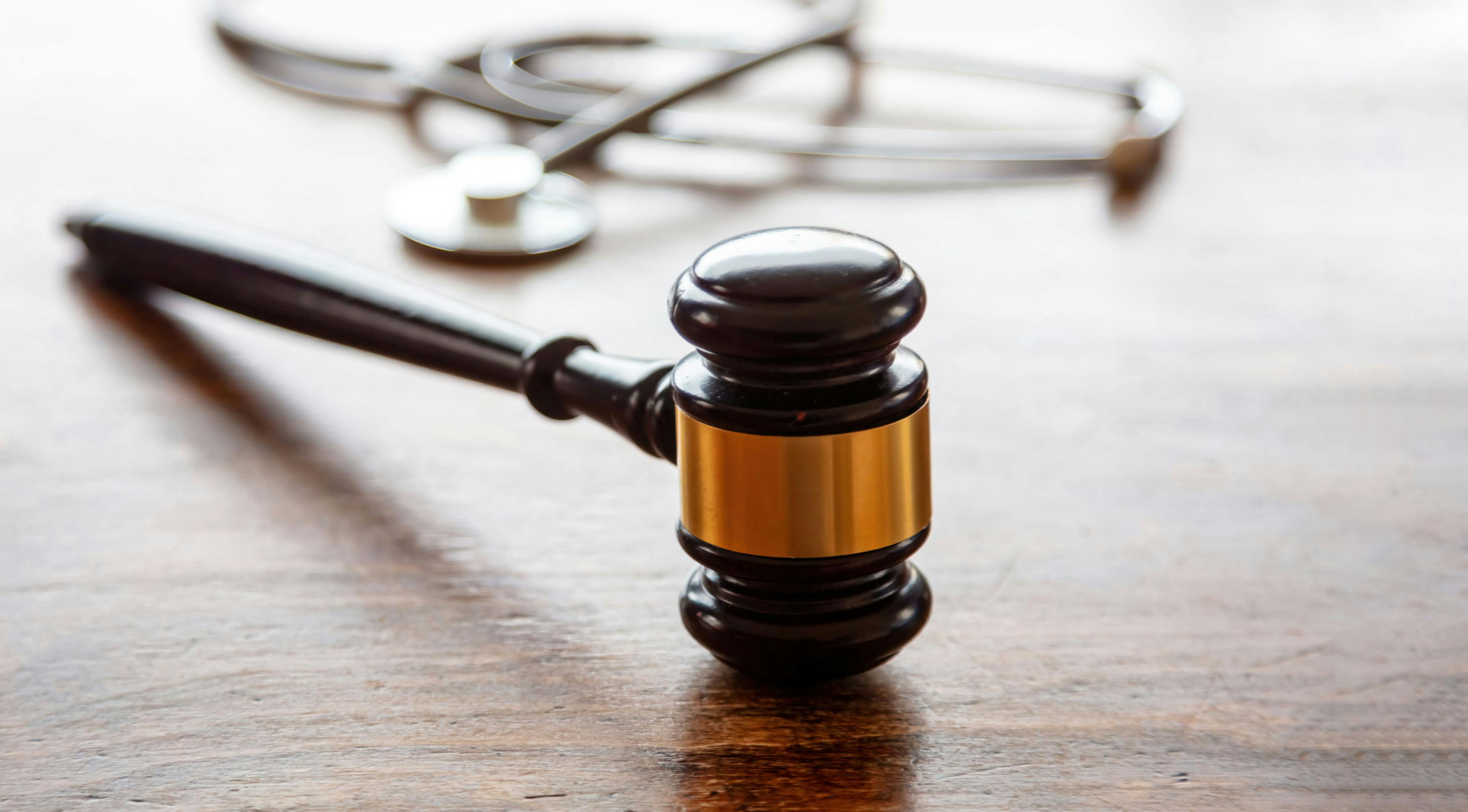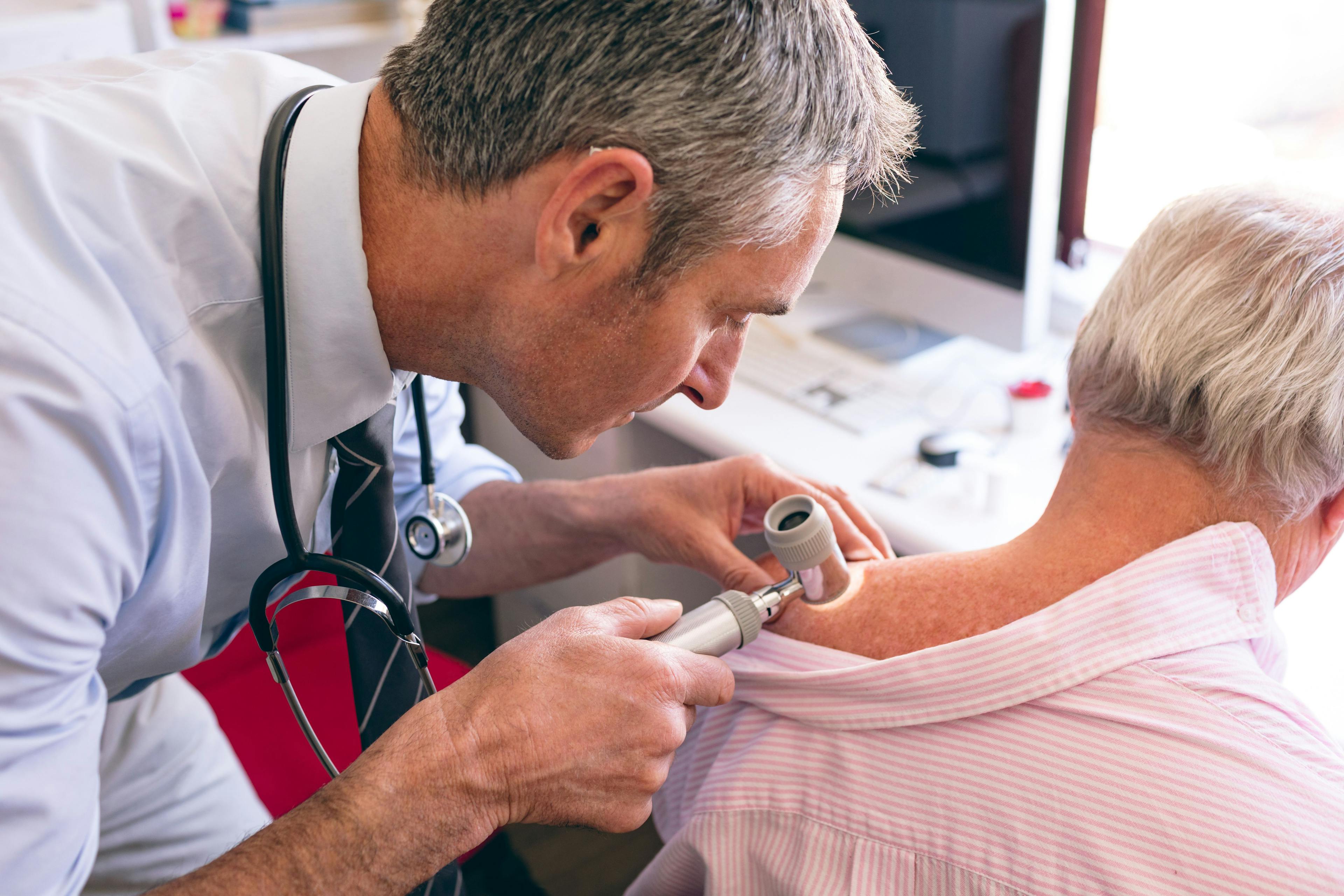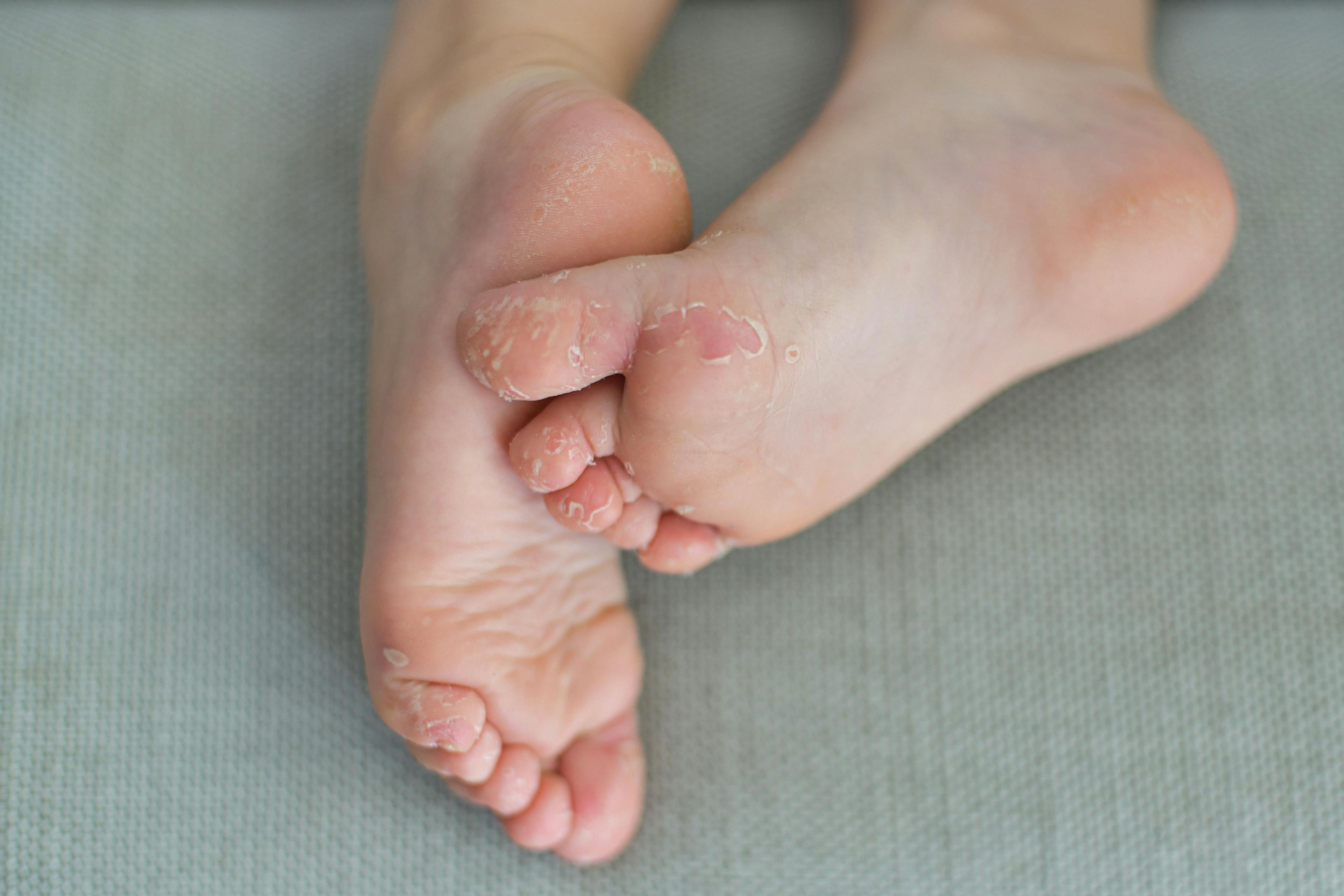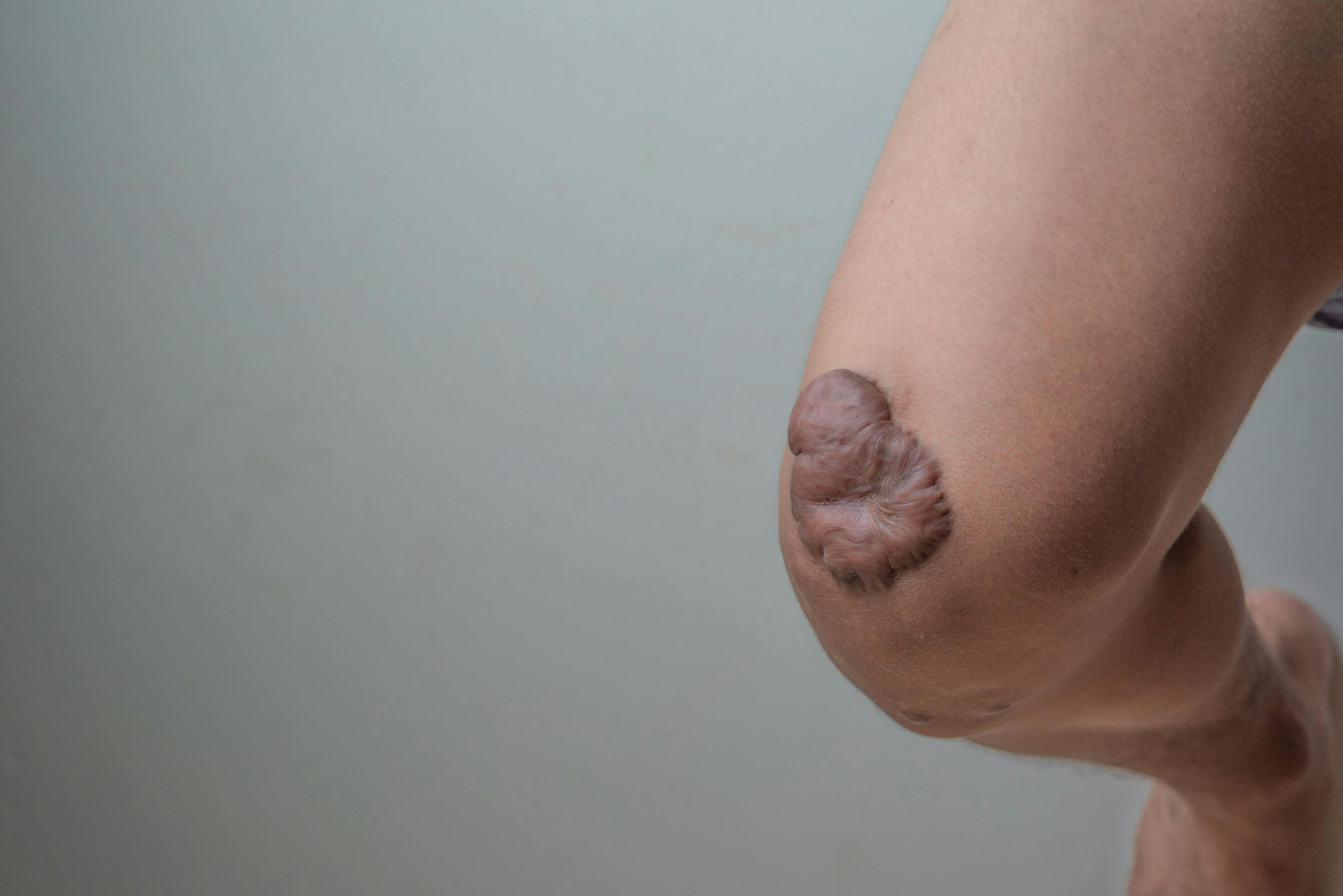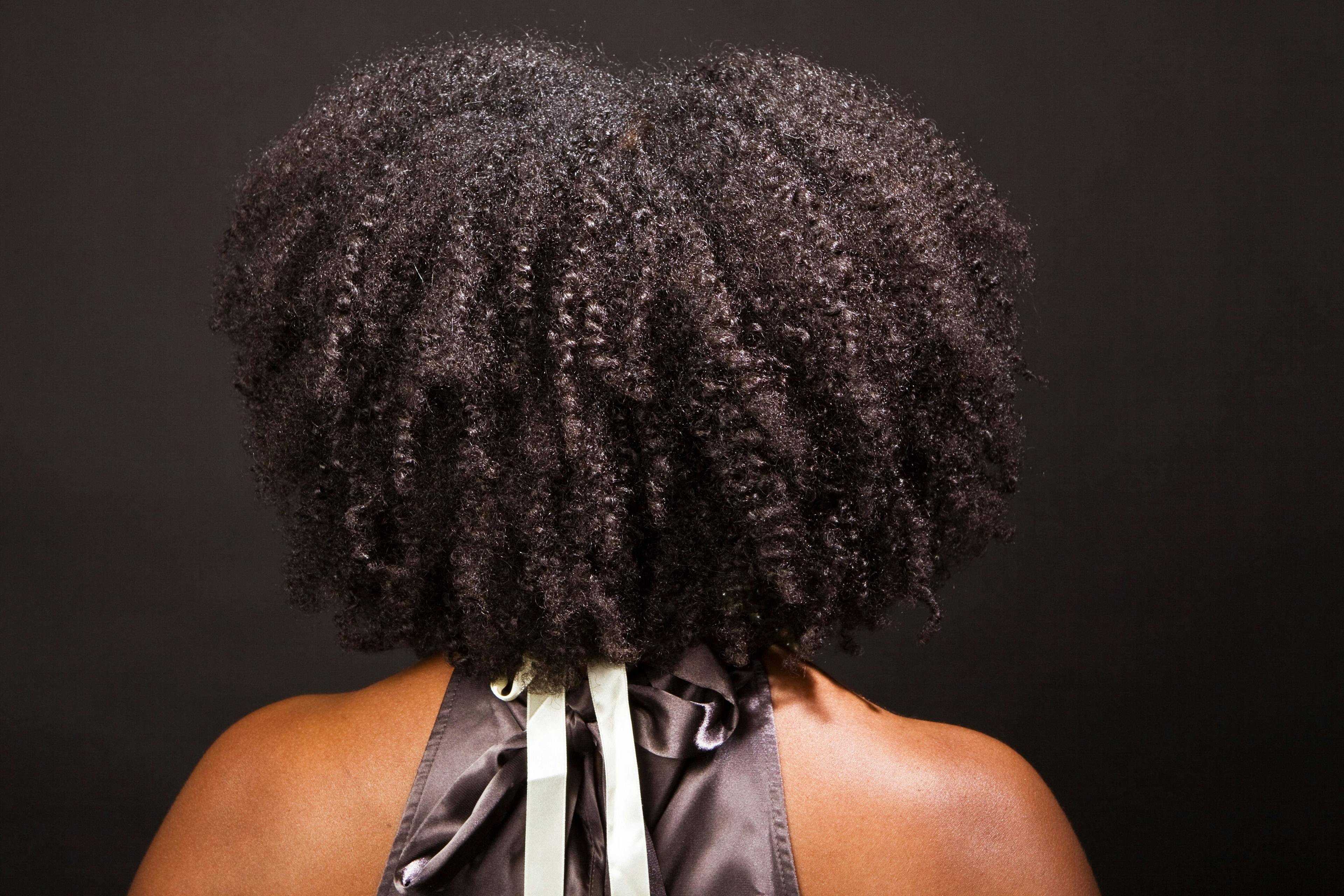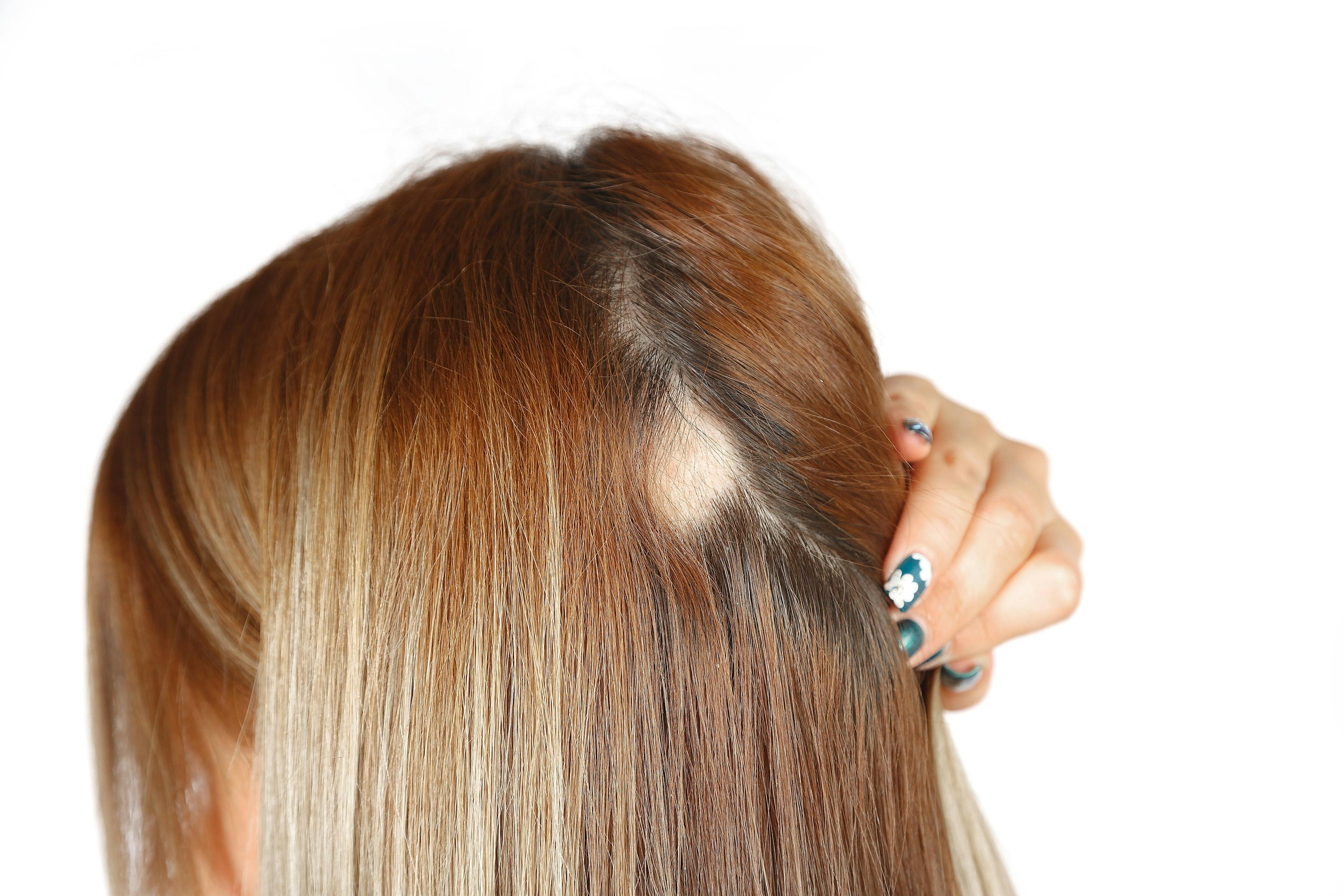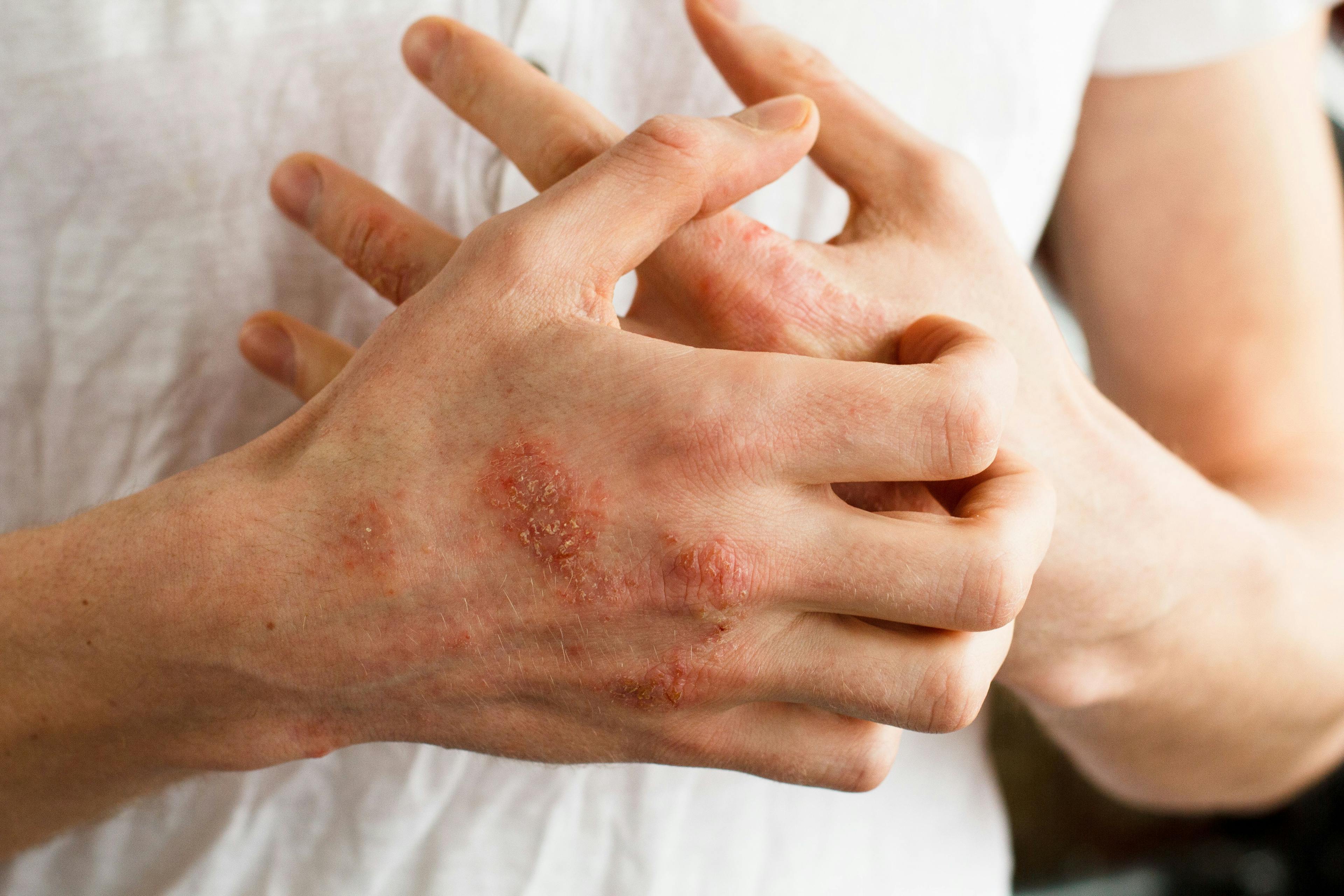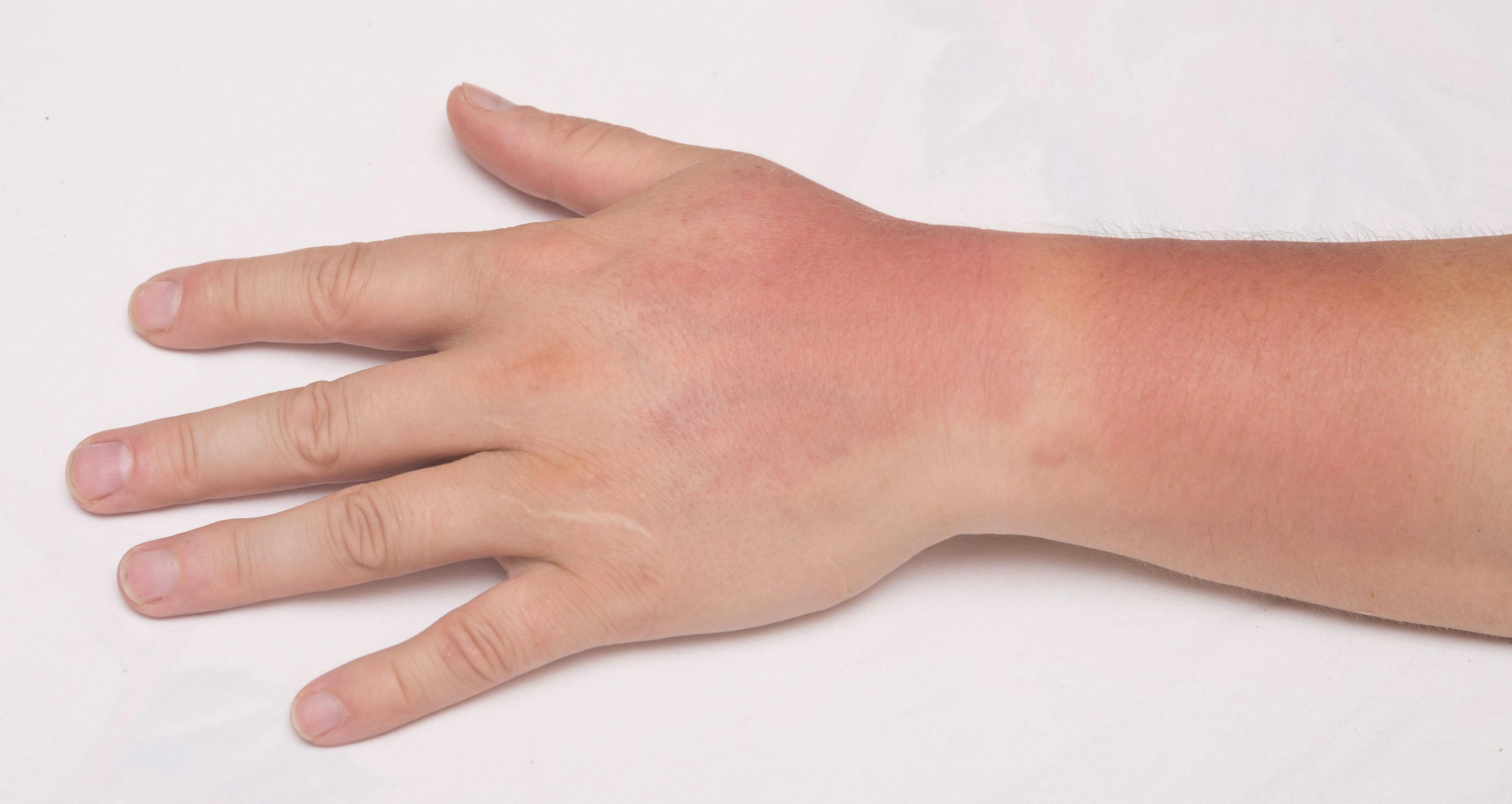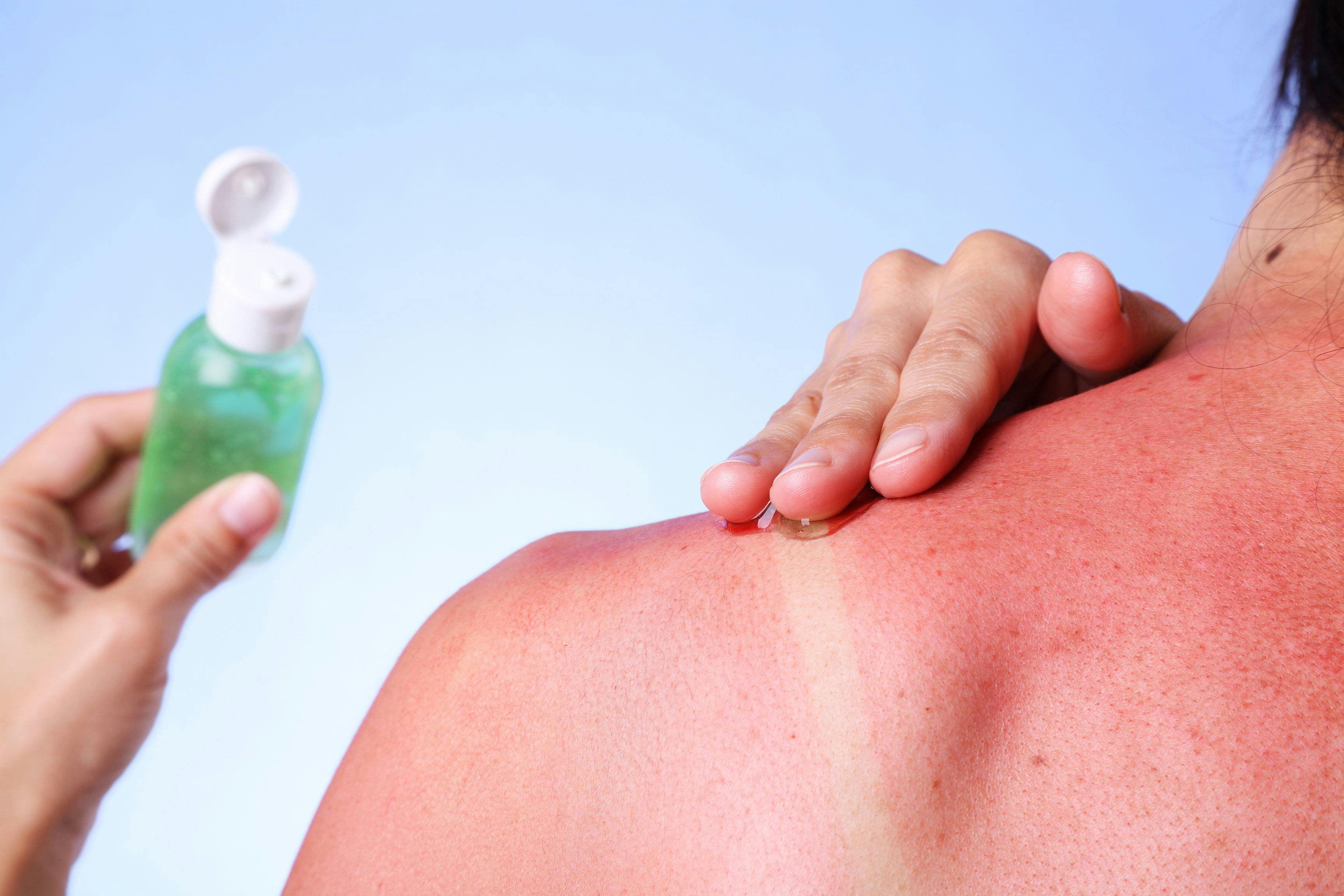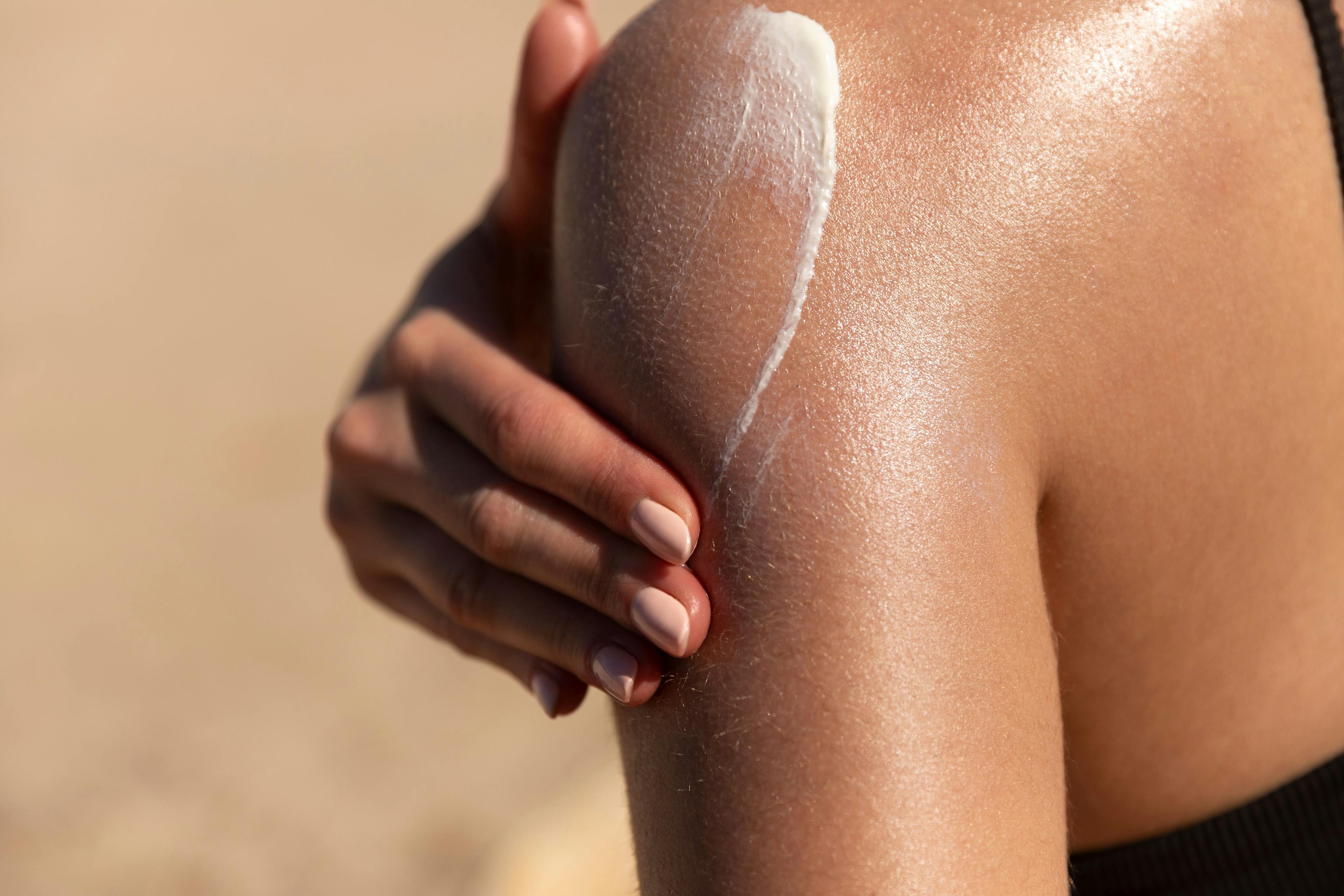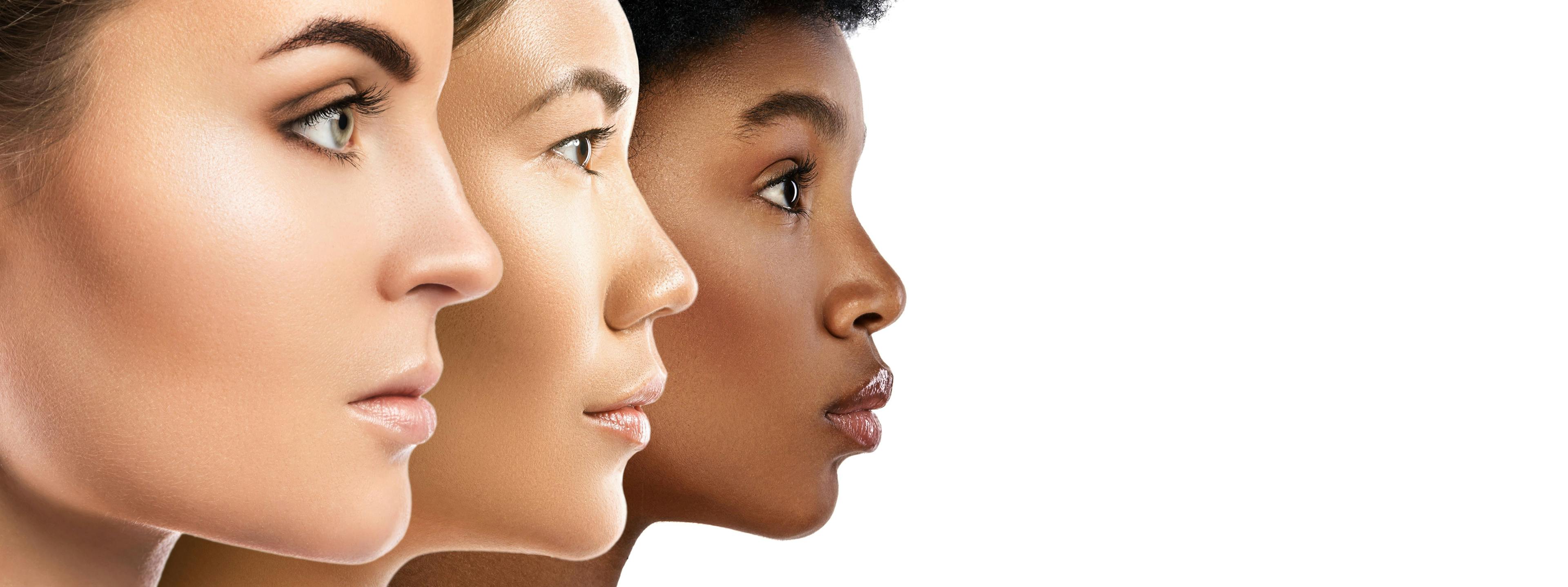- Acne
- Actinic Keratosis
- Aesthetics
- Alopecia
- Atopic Dermatitis
- Buy-and-Bill
- COVID-19
- Case-Based Roundtable
- Chronic Hand Eczema
- Chronic Spontaneous Urticaria
- Drug Watch
- Eczema
- General Dermatology
- Hidradenitis Suppurativa
- Melasma
- NP and PA
- Pediatric Dermatology
- Pigmentary Disorders
- Practice Management
- Precision Medicine and Biologics
- Prurigo Nodularis
- Psoriasis
- Psoriatic Arthritis
- Rare Disease
- Rosacea
- Skin Cancer
- Vitiligo
- Wound Care
Publication
Article
Dermatology Times
Alopecia’s Impact on Mental Health
Author(s):
Patients with chronic conditions like alopecia areata may experience a reciprocal relationship between their condition and mental health.
Chronic diseases of the skin, hair, and nails have been shown to negatively affect a patient’s quality of life, as these conditions are associated with social stigmatization and a negative self-identity. Previous research on skin disease and mental health has demonstrated that patients with chronic skin conditions suffer from embarrassment, anxiety, lack of confidence, and depression.1 Patients with psoriasis or eczema were interviewed in their homes. A comprehensive and structured interview schedule was used and interviewees were encouraged to talk at length about the impact that their skin conditions had had on their lives. Detailed data were collected that show the serious effect that these diseases can have in several domains. The findings record not only the physical discomfort and inconvenience sufferers may meet but also the consequences for their personal and social life and daily functioning. There is evidence from interviewees’ employment experiences of limited opportunities, and functional and interpersonal difficulties in the workplace. Sixty-four percent of people said that their skin disease affected their socioeconomic activity. The extent to which sufferers experienced embarrassment, anxiety, a lack of confidence and depression is documented. Forty percent of people felt that their social life was affected and there was evidence of particular stresses and demands in personal relationships. The social impact of skin disease is discussed in Social Science & Medicine. Traditionally, mental health and dermatology research has specifically focused on skin diseases and has neglected hair and nail disorders.2-6 However, with the recent FDA approval of baricitinib for alopecia areata (AA), there has been a renewed interest in treating and studying patients with hair loss.7
Hair, especially scalp hair, plays a crucial role in self-identify, body image, and attraction. Hair loss can damage one’s sense of personal and social acceptance in society.8 Recent research has begun to highlight the psychological impact on patients with hair loss, as well as the importance of recognizing this condition and providing proper resources such as counseling or therapy.9
“Alopecia is not life-threatening but can be life ruining, and common psychological sequalae include depression, anxiety, and social phobia,” said John Koo, MD, professor of dermatology at the University of California, San Francisco, who is also board-certified in psychiatry and dermatology.
To recognize signs of mental health struggles in patients with alopecia, it is crucial to understand the experiences of patients with this condition. A study in the Journal of Patient-Reported Outcomes sought to answer this question using a semistructured interview that was developed with expert clinician input.10 Patients with AA described the initial diagnosis of alopecia as “traumatizing,” “devastating,” and “terrifying,” and that hair loss in areas visible to others were the most psychosocially burdensome. Some representative patient quotes include: “I was so embarrassed, self-conscious, [and] so depressed about it. I concealed it, concealed it, concealed it,” “The most important thing that affected me was how I felt about myself. I felt like I was not worth loving,” and “It made me pretty sad for a long amount of time.” These findings support the results of previous studies, which have also found AA to be emotionally devastating and to have a large impact on self-esteem and social confidence.
Clinicians need to remain on the front lines of detecting these issues when treating patients with alopecia. “Social phobia secondary to alopecia can be diagnosed when there is markedly diminished social activity, fidgeting, and other signs of insecurity such as avoidance of eye contact,” Koo said.
Clinicians should also be aware of the counseling options that exist for patients with alopecia and be confident and proactive in recommending their services. One of the best ways to help these patients is a referral to the National Alopecia Areata Foundation (NAAF). This organization was founded by Vera Price, MD, who was losing her hair in college and had trouble finding information about the disease and treatment options.
The NAAF has more than 80 support groups in the United States and Canada.11 Although each patient copes differently, support groups provide patients with a sense of normalization, acceptance, and understanding. They also offer an opportunity for participants to act as mentors, which improves self-esteem and takes the focus off their own disease. Ultimately, these support groups offer a safe atmosphere to share experiences and feelings in a nonjudgmental fashion. Similar groups have been created and exist specifically for pediatric patients.12
Recent research has also begun to explore the reciprocal relationship between mental health and alopecia. A recent study in JAMA Dermatology sought to assess a bidirectional association between AA and major depressive disorder (MDD).13 Although it is known that hair loss can impose a substantial psychological burden on patients, many patients report mental health symptoms prior to the onset of AA.
Vallerand et al conducted a population-based, retrospective cohort study that included more than 6 million patients. To assess the risk of AA, patients with an incident diagnosis of MDD (exposure) and a reference general population cohort were defined. The same format was used to assess the risk of MDD. In the analysis of the risk of AA, 405,339 patients who developed MDD and 5,738,596 patients who did not develop MDD were followed up with for 26 years. MDD was found to increase the risk of subsequently developing AA by 90%. In the analysis of the risk of MDD, 6861 patients who developed AA and 6,137,342 patients who did not develop AA were followed up with for the same amount of time. AA was found to increase the risk of subsequently developing MDD by 34%. The authors concluded that although patients with AA are at risk for subsequently developing MDD, having MDD also appears to be a significant risk factor for the development of AA.13
With the FDA approval of baricitinib, which is the first and only FDA-approved therapy for AA, there is excitement about future therapies for this condition. There is a robust pipeline that exists for the treatment of alopecia. Although the FDA often utilizes high hurdles such as achievement of the Severity of Alopecia Tool to approve therapeutic options, patients are typically very happy even with modest hair regrowth. Therefore, even if these therapies are not 100% effective, they are still very beneficial to the patient.
It is important to remember that treating these patients involves more than achieving hair regrowth, and it is crucial to address the psychosocial issues that commonly face these patients.
“The practice of psychodermatology is of great value to the patient, because it addresses not only their physical state but [also] their mental state, which is often underappreciated during a busy dermatology clinic visit,” Koo said.
Nicholas Brownstone, MD, is a dermatology resident at Temple University Hospital in Philadelphia, Pennsylvania.
References
- Jowett S, Ryan T. Skin disease and handicap: an analysis of the impact of skin conditions. Soc Sci Med 1985;20(4):425-429. doi:10.1016/0277-9536(85)90021-8
- Hughes JE, Barraclough BM, Hamblin LG, White JE. Psychiatric symptoms in dermatology patients. Br J Psychiatry. 1983;143:51-54. doi:10.1192/bjp.143.1.51
- Gupta MA, Gupta AK, Kirkby S, et al. A psychocutaneous profile of psoriasis patients who are stress reactors. A study of 127 patients. Gen Hosp Psychiatry. 1989;11(3):166-173. doi:10.1016/0163-8343(89)90036-4
- Fava GA, Perini GI, Santonastaso P, Fornasa CV. Life events and psychological distress in dermatologic disorders: psoriasis, chronic urticaria and fungal infections. Br J Med Psychol. 1980;53(3):277-282. doi:10.1111/j.2044-8341.1980.tb02551.x
- Hatch ML, Paradis C, Friedman S, Popkin M, Shalita AR. Obsessive-compulsive disorder in patients with chronic pruritic conditions: case studies and discussion. J Am Acad Dermatol. 1992;26(4):549-551. doi:10.1016/0190-9622(92)70078-t
- Rapp SR, Exum ML, Reboussin DM, Feldman SR, Fleischer A, Clark A. The physical, psychological and social impact of psoriasis. J Health Psychol. 1997;2(4):525-537. doi:10.1177/135910539700200409
- FDA approves first systemic treatment for alopecia areata. News release. FDA. June 13, 2022. Accessed February 19, 2023. https://www.fda.gov/news-events/press-announcements/fda-approves-first-systemic-treatment-alopecia-areata
- Cash TF. The psychology of hair loss and its implications for patient care. Clin Dermatol. 2001;19(2):161-166. doi:10.1016/s0738-081x(00)00127-9
- Dhami L. Psychology of hair loss patients and importance of counseling. Indian J Plast Surg. 2021;54(4):411-415. doi:10.1055/s-0041-1741037
- Aldhouse NVJ, Kitchen H, Knight S, et al. “‘You lose your hair, what’s the big deal?’ I was so embarrassed, I was so self-conscious, I was so depressed:” a qualitative interview study to understand the psychosocial burden of alopecia areata. J Patient Rep Outcomes. 2020;4(1):76. doi:10.1186/s41687-020-00240-7
- Kalabokes VD. Alopecia areata: support groups and meetings - how can it help your patient? Dermatol Ther. 2011;24(3):302-304. doi:10.1111/j.1529-8019.2011.01418.x
- Goh C, Lane AT, Bruckner AL. Support groups for children and their families in pediatric dermatology. Pediatr Dermatol. 2007;24(3):302-305. doi:10.1111/j.1525-1470.2007.00407.x
- Vallerand IA, Lewinson RT, Parsons LM, et al. Assessment of a bidirectional association between major depressive disorder and alopecia areata. JAMA Dermatol. 2019;155(4):475-479. doi:10.1001/jamadermatol.2018.4398
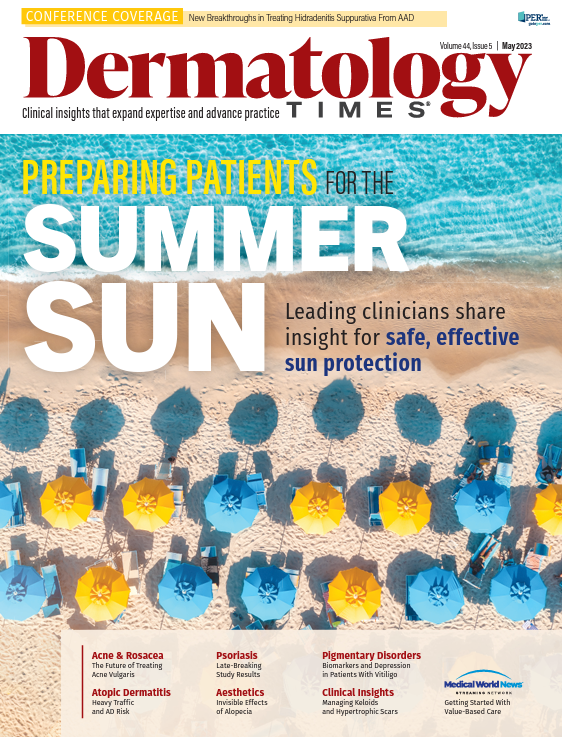
Newsletter
Like what you’re reading? Subscribe to Dermatology Times for weekly updates on therapies, innovations, and real-world practice tips.

